1. Cheers – Sam & Diane Kiss
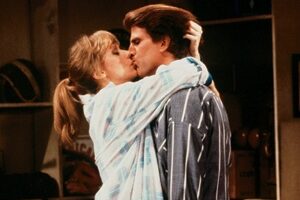
After years of teasing chemistry, and plenty of sitcom banter, Sam Malone and Diane Chambers finally share a passionate kiss in Cheers. Fans had endured seasons of “will‑they‑won’t‑they,” and that long‑anticipated moment felt like the emotional payoff audiences had waited years for.MIt felt so satisfying because it wasn’t just a romantic moment on screen, it felt like a cultural milestone. Viewers across the country paused their lives that night: cheers erupted in living rooms, and everyone spent the next day discussing whether that kiss had changed the tone of the series.
2. Catfight in Lily Pond (Dynasty)
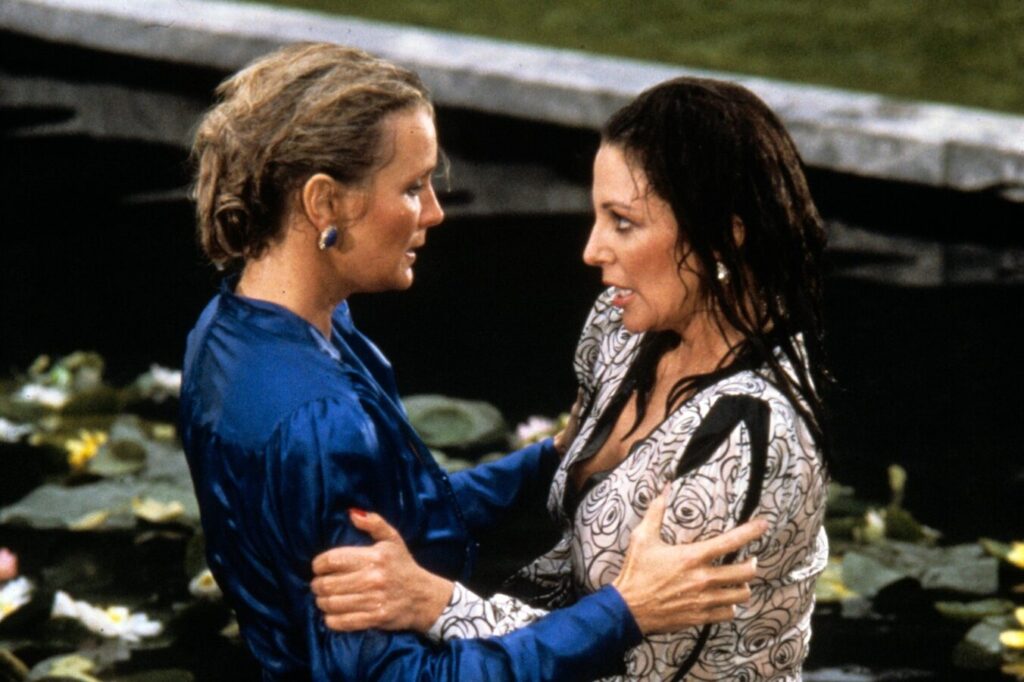
During a heated confrontation in Dynasty’s Season 3 episode “The Threat,” Alexis and Krystle erupt into a full-on catfight in a lily pond, hair pulling, slapping, and splashing in high drama fashion. The scene became emblematic of 1980s soap opera excess and remains one of the most iconic outbursts in prime-time television history. It became a cultural touchpoint for over-the-top TV fights, influencing how dramatic altercations were staged in later soap operas and series. Viewers weren’t just watching a fight, they were witnessing an operatic crescendo of tension, style, and ultimate spectacle. The morning after, it was on everyone’s lips.
3. Murphy Brown Birth Scandal (Murphy Brown)
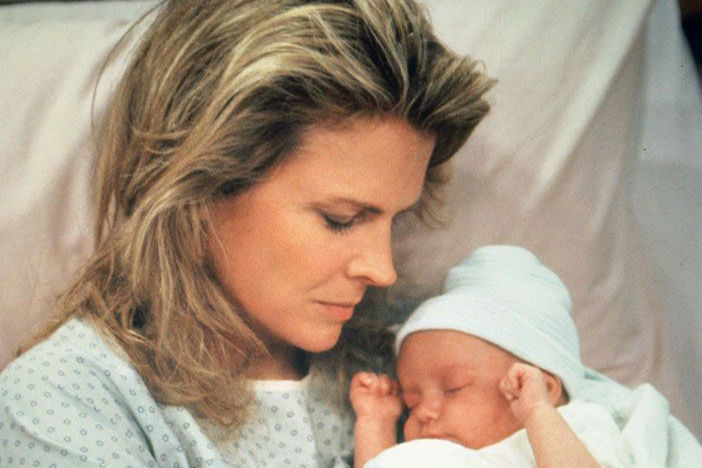
When Murphy Brown chooses to have and raise a baby as a single woman, it sparked national controversy. In 1992 Vice President Dan Quayle criticized the character as undermining family values by bearing a child alone, making the fictional journalist a real‑world political statement. This moment was culturally seismic: a sitcom character became the center of political debate. Viewers weren’t just talking about a birth on a TV show, they were debating feminism, motherhood, and whether women could choose their own life paths. The episode drew attention, discussion, and emotional investment across the country, and continues to be remembered today.
4. Fresh Prince – Will Breaks Down
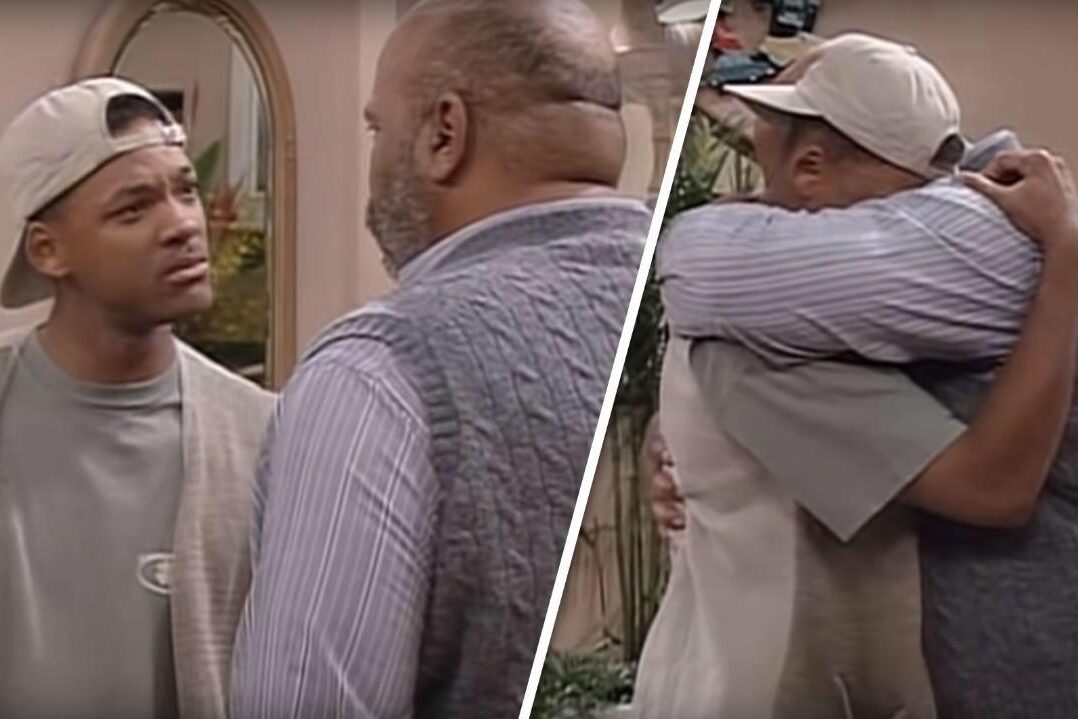
In a rare dramatic turn, Will Smith’s character breaks down over his father leaving him and his mother again. The emotional intensity was overwhelming: viewers saw a smile replaced with tears, and laughter turned to genuine heartbreak in a scene that spoke to many who’d experienced abandonment. It was significant because sitcoms rarely got that raw and real, especially in youth‑led shows. Will’s pain resonated, this was not just fiction but a mirror for people who felt invisible grief. Conversations about Black father‑son relationships and emotional honesty in families followed that episode.
5. Kevin & Winnie First Kiss (The Wonder Years)
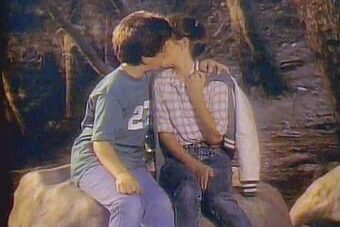
In the pilot of The Wonder Years, Kevin Arnold sees Winnie Cooper grieving her brother’s death in Vietnam. As Percy Sledge’s “When a Man Loves a Woman” plays, Kevin softly places his jacket over her shoulders and they share their first kiss, a tender blend of consolation and innocent affection. It set the tone for the entire series: bittersweet nostalgia wrapped in coming‑of‑age emotion. That pilot hit hard because it balanced childhood innocence and real heartache. The show didn’t shy away from loss, it began with it, and yet ended on a note of hope and connection. That emotional mix made viewers talk about it the next day, understanding that Wonder Years was deeper than a typical teenage sitcom.
6. Natalie’s “First Time” (The Facts of Life)
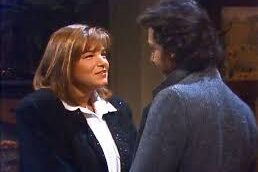
In a controversial Season 9 episode titled “The First Time”, Natalie becomes the first in the core group to lose her virginity, marking a groundbreaking moment for a mainstream teen sitcom. This plot was originally scripted for Blair, but actress Lisa Whelchel declined for personal reasons, so Natalie’s storyline took the lead instead. This episode aired with a parental advisory and was emotionally raw, even as it sparked debate. It wasn’t just about sex, it was about maturity and autonomy. Viewers and critics discussed it the following day; some praised its realism, others questioned why sex was so taboo on shows while suicide stories got no warning.
7. Alex Mourns Greg (Family Ties)
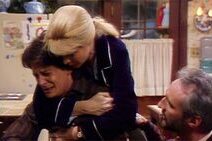
When Alex P. Keaton cries over the death of his friend Greg in Family Ties, it shattered expectations. Known for his conservative, ambitious persona, Alex’s breakdown was unexpected, and deeply human, showing viewers that grief doesn’t discriminate. It stood out because a 1980s sitcom rarely let its young male lead show vulnerability, especially one rooted in Reagan-era conservatism. That scene prompted nationwide conversations about youth, emotion, and how even the toughest can fall apart, and somehow still feel completely real.
8. Kimberly Nearly Kidnapped (Diff’rent Strokes)
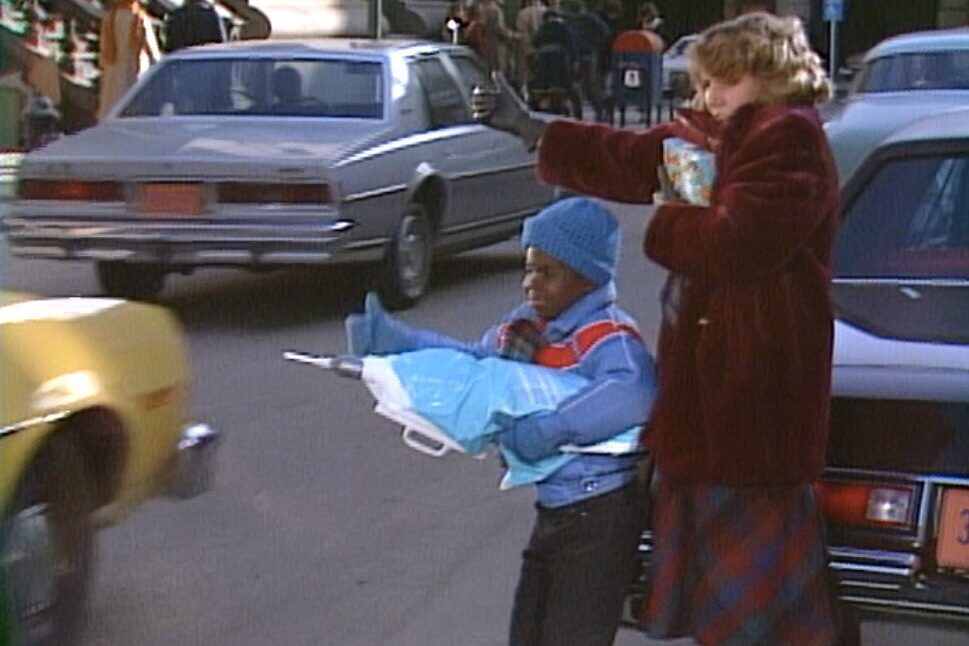
In a chilling two-part episode titled “The Hitchhikers,” Arnold and Kimberly Drummond are picked up by a seemingly helpful stranger while hitchhiking, only to be abducted and held captive. Arnold escapes to find help, leading the police to rescue Kimberly just in time; a PSA from Conrad Bain cautioned viewers about the real-life danger of hitchhiking. The impact was huge. It was a dramatic departure from lighthearted family comedy, tackling a terrifying real-world issue on mainstream TV. Viewers were left deeply shaken, and many families had conversations about safety the very next day. The episode helped define the “very special” sitcom genre.
9. Toilet-Flushing on Primetime (Married… with Children)
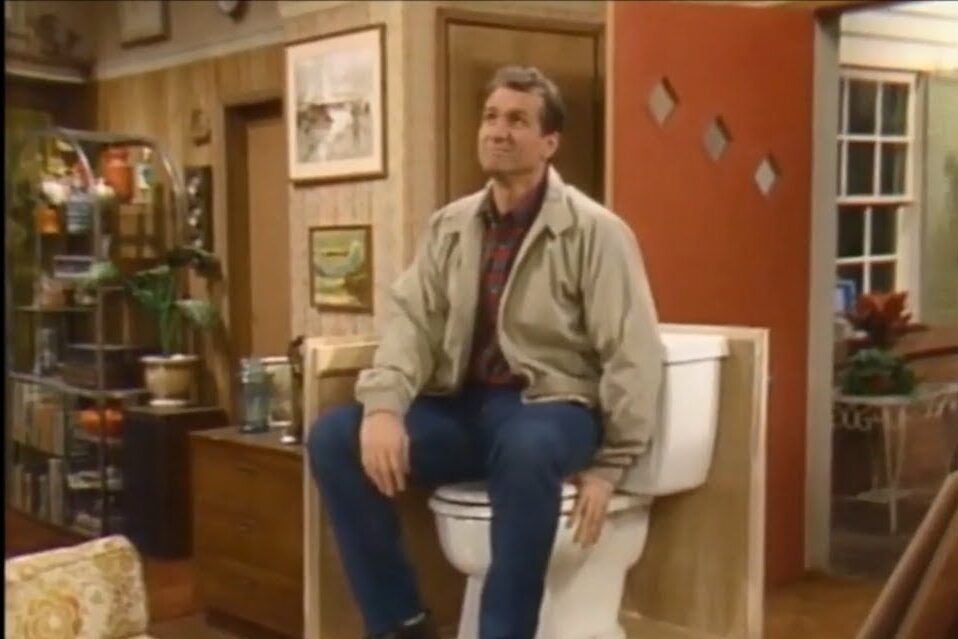
In a bizarre yet unforgettable moment, Al Bundy flushes the toilet and loudly proclaims it on primetime television, something considered too crude for network shows at the time. The moment was comedic irreverence at its peak and instantly became a signature gag for Married… with Children. This small act symbolized the show’s boundary-pushing style. Al’s unapologetic vulgarity challenged sitcom norms, signaling that television comedy could embrace cynical, adult humor. Fans discussed it with raised eyebrows, and it solidified the show’s cult status.
10. B.A. Refuses to Fly (The A‑Team)
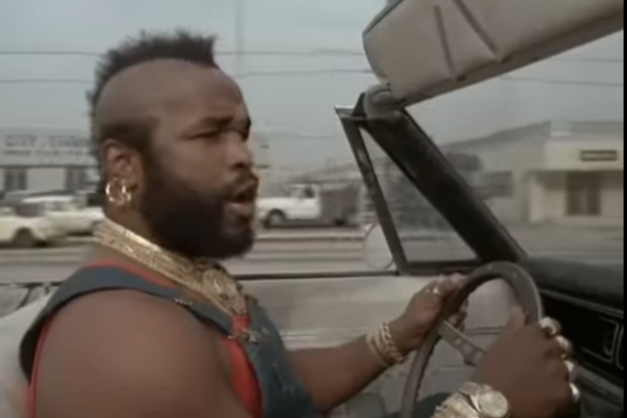
Every episode, B.A. Baracus declares, or barks, “I ain’t gettin’ on no plane!” whenever the team tries to board a flight. His phobia of flying became a recurring gag, and his teammates invariably resorted to antics like drugging or tricking him just to get him airborne. It resonated because comedy hinges on predictability turned upside‑down. B.A. ‘s stubbornness wasn’t just a joke; it defined his tough‑but‑vulnerable character and solidified The A‑Team’s signature blend of action and humor. Fans quoted that line the next day, and it became shorthand for life’s little anxieties turned into sitcom gold.
11. First Kiss: Tony & Angela (Who’s the Boss?)
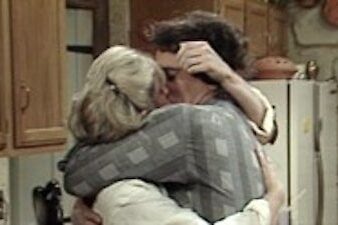
In Season 1’s final episode “First Kiss,” Tony Danza’s character and Angela (Judith Light) share their very first kiss at her birthday, they’re both intoxicated, which leads to a surprising emotional breakthrough. The kiss marked a turning point: two characters who had danced around their attraction for seasons finally letting their guard down. It moved beyond comedy into sincerity, shifting the show’s emotional center and making both characters more real to viewers. That first kiss became a moment fans dissected and cheered about the next morning.
12. “Let’s Be Careful Out There” (Hill Street Blues)
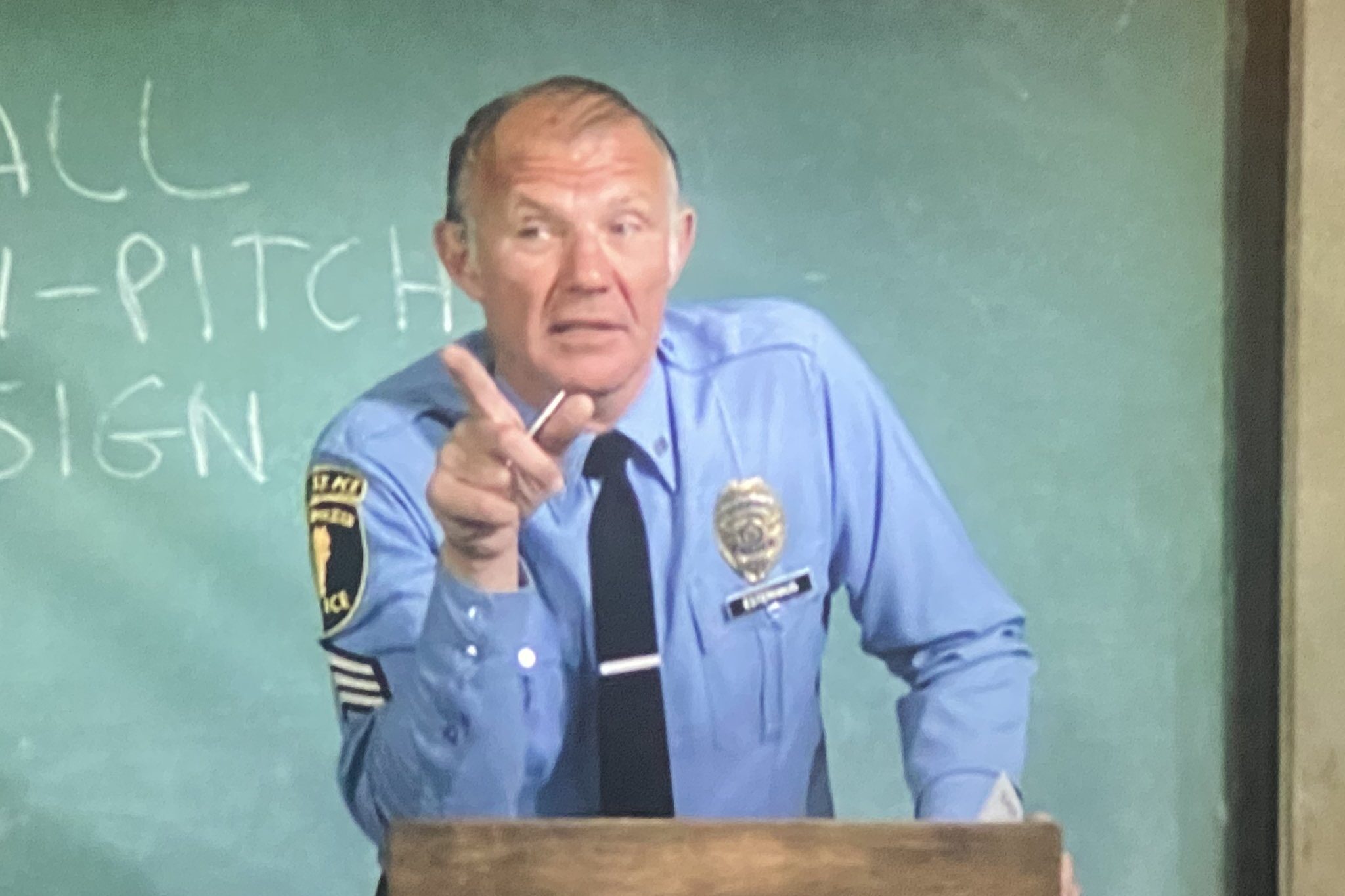
Each episode of Hill Street Blues ends with a roll call with Sergeant Phil Esterhaus delivering a safety reminder: “Let’s be careful out there.” It became the show’s signature closing line and a beloved cultural catchphrase. That phrase summed up the series’ grit and heart. The show was known for raw realism and ensemble storytelling, and that closing gave each episode emotional weight. Fans adopted it in conversations and even bedtime routines, sometimes as a nod to the city’s unfinished business, turning a fictional precinct sign-off into real-life sentiment.
This story 12 TV Show Moments from the ’80s That Everyone Talked About the Next Day was first published on Daily FETCH


